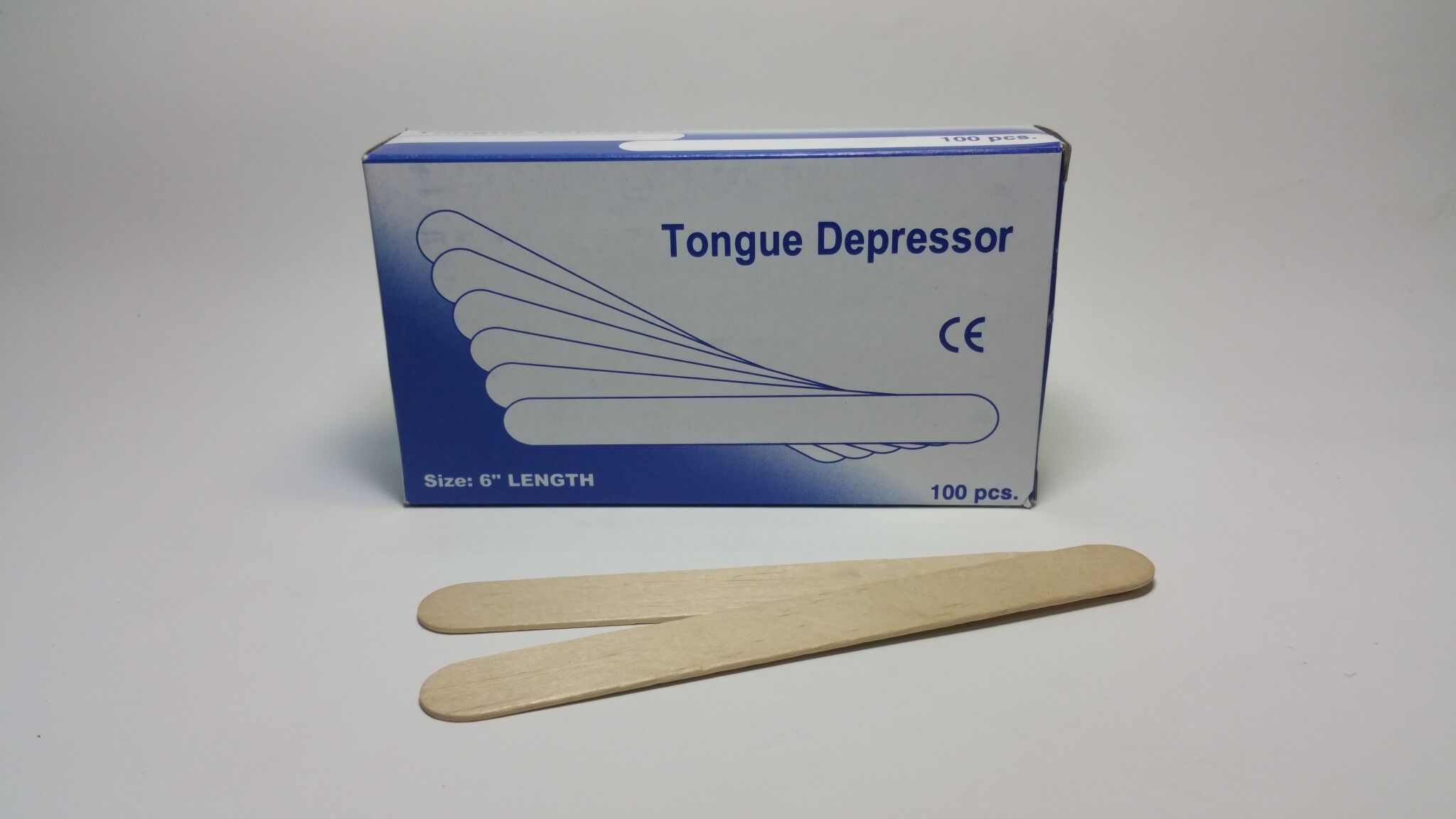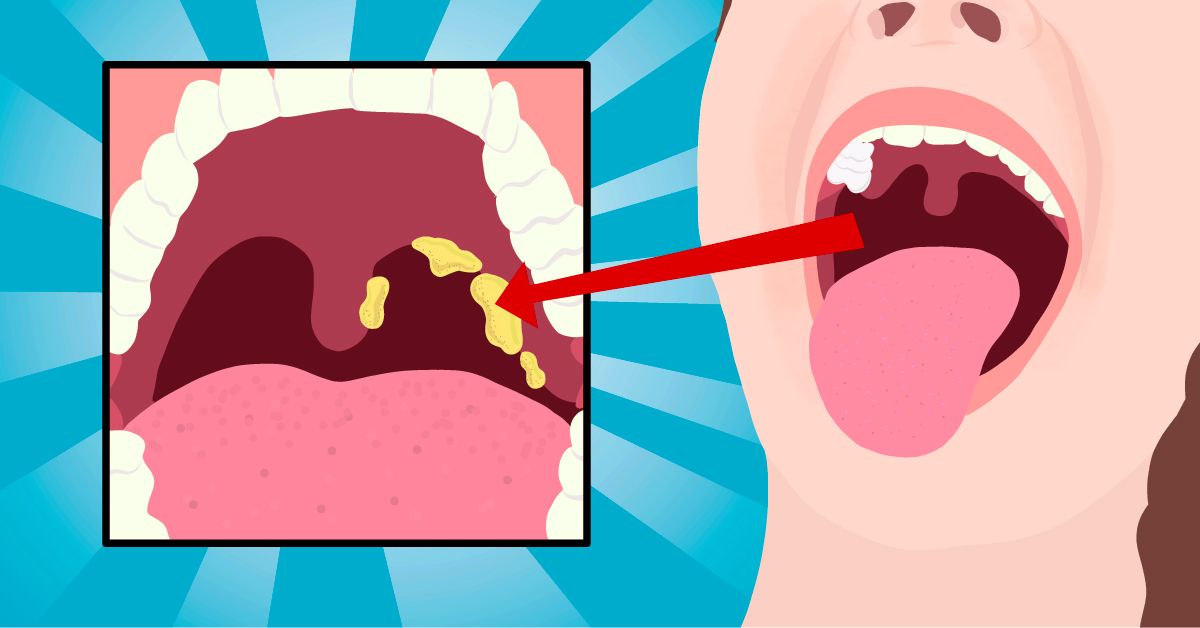Two years ago, I had a sore throat for about a week. I've always been susceptible to strep throat, so I figured it was just that. But a visit to the doctor left me a little stunned.
"You have tonsil stones," he said.
Huh? What are those? Are they like kidney stones? Do I need surgery? I'm gonna need more info, doc!
He went on to explain that tonsil stones, or tonsilloliths, are basically balls of bacteria and debris that build up in your throat. Your tonsils are essentially barriers that are meant to stop bacteria from getting into your throat. They're covered in little nooks and crannies that are supposed to trap the debris, but sometimes that debris gets trapped. This is when tonsil stones form.
For me, I have small tonsils which means there's less space for the same amount of bacteria to get stuck to. As the trapped debris hardens, the stones form and solidify, which end up causing problems. Many people have tonsilloliths in their tonsils, but not everyone can feel the effects. Because of my small tonsils, they were much more noticeable.
So how do you know if you have tonsil stones?
1. Bad Breath
Because the bacteria is basically sitting at the back of your throat, bad breath is a common indicator of tonsil stones. Researchers found that 75% of people who had high concentrations of sulfur compounds in their breath also had tonsil stones.
2. Sore Throat
This is how I knew something was wrong. Depending on the size of your stones, it can cause discomfort in your throat. Plus, the presence of bacteria can also cause you to get sick. If you have a sore throat, it's best to get in touch with your doctor to see what the cause is.

3. Trouble Swallowing
To this day I still have issues with this. It almost feels like a click when I swallow because of the stones. It's not necessarily painful, but the location of the stone can make it tricky to swallow certain foods.
4. White Debris
When my first tonsil stone flew out of my mouth (literally) I was driving to get groceries and singing along to my favorite song. I assumed it was a piece of food or something that had been lodged in my throat, but after visiting the doctor it all made sense. It's just a small lump of white "gunk" that can often be seen at the back of your throat, but it's strange to see it come out of your mouth. Not all tonsil stones can be seen, but they definitely are there.
So how can you treat them?
When my doctor said I had tonsil stones, I immediately feared that I needed surgery. But he assured me that wasn't the case, at least not right away. If my tonsil stones start causing a lot of health problems, like tonsillitis, then I'll have to get them removed, but it's a last resort. By removing your tonsils, you end up exposing your body to all the different bacteria that otherwise would have been stopped, and could give yourself a lot of throat infections.
However, there are ways to treat them at home.
1. Nothing
Weird, right? Most tonsil stones don't have symptoms at all, and you don't feel anything. They're a normal occurrence and don't need any special treatment. Even if you do feel them, you don't have to do anything. They'll often dislodge themselves without any help.
2. Tongue Depressors
My doctor very casually said to me "if the stones are really bothering you, then just remove them." Sorry, sir. I am not a doctor...that's your job. But it's actually pretty easy. Using a tongue depressor, Popsicle stick, or anything else flat, you can dislodge the stones easily visible at the back of your throat by gently pressing around them. Try not to swallow them, though, as that much bacteria in your stomach can cause issues.

3. Salt Water
This was my personal choice for treatment. Gargling with warm salt water, or even an antibacterial mouth wash, can not only ease the pain of tonsil stones but also help dislodge or dissolve any of the existing stones. It's easy, non-invasive, and inexpensive.
4. Antibiotics
There are different antibiotics that can help treat tonsil stones, but they don't stop them from forming. If the stones are this bad, your doctor will probably look into other options for treatment, but the antibiotics will help solve the immediate problem.
The only real way to prevent tonsil stones is to get your tonsils removed, but as I said before, that opens you up to even more issues.

